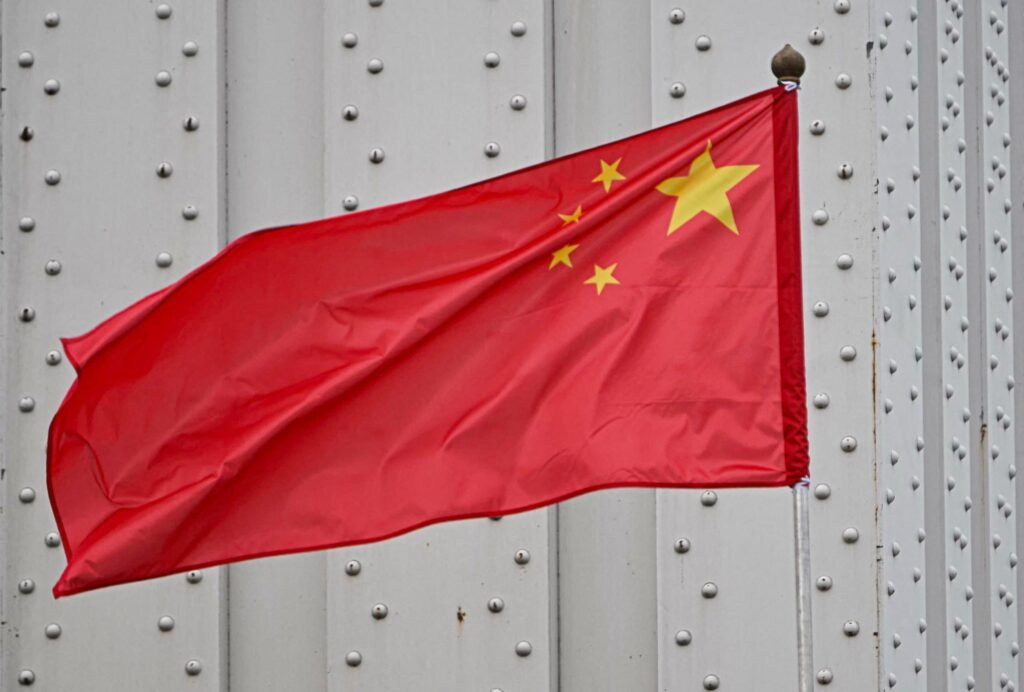Winning the AI race against China is often seen as a matter of substantial investments—like revitalizing chip manufacturing or pouring funds into data centers and updating the power grid. But in the bid to outpace significant 21st-century competition, one might wonder if we’re missing some vital elements.
We’ve devoted our careers to national security. Nowadays, artificial intelligence is the key battleground, and the choices we make today could influence whether the US comes out on top.
By emphasizing bold moves and well-known figures, we recall critical historical moments. Take D-Day, for instance—it didn’t just hinge on General Eisenhower’s decisive actions. The success of that operation also lay in less recognized choices, like building prefabricated ports and laying secret pipelines that led to an Allied victory in World War II.
This notion—of how tactical decisions can facilitate historical breakthroughs—is still relevant as Washington grapples with AI competition against China. In fact, the most significant threat to American AI dominance might not be coming from Hangzhou, home to companies like Deepseek and Alibaba, but rather from our own courts. Current copyright cases could severely restrict the US’s capacity to innovate in AI.
The results of ongoing lawsuits pose a real risk to America’s innovative edge. Legal battles hinge on “fair use.” AI developers argue that training systems with large datasets aligns with prior legal precedents, similar to what Google has done with its search engine.
Yet, recent rulings could upend that understanding. If courts enforce strict licensing rules, the essential high-quality data needed for training could vanish, potentially making new AI developments costlier and harder to produce. This could severely impact US startups and research, essentially giving China an unintentional advantage.
Data is crucial for AI development. Viewing AI training through the lens of copyright violations will stifle American innovation. Astonishingly, weakening the framework that supports our national defense could have dire implications for security. Models trained on limited datasets may struggle, for instance, to interpret subtle nuances in communication from foreign entities or to identify high-value targets in satellite imagery.
Meanwhile, China isn’t facing similar constraints. Chinese AI developers operate without the privacy or copyright regulations that limit their American counterparts. They tap into a vast reservoir of copyrighted materials and personal data collected without consent to enhance their models.
On top of that, Beijing’s Civil-Military Fusion Strategy ensures substantial funding and talent for AI research, aligned with Xi Jinping’s goal to make China a leading AI power by 2030.
Already, Chinese AI models, benefiting from unfettered access to data, are at the forefront of video modeling, a critical area for AI-driven robotics. This unrestricted approach resonates with the values of the Chinese Communist Party, which seeks to control the narrative by filtering out dissenting information.
Losing the AI edge to a system that compromises core values like truth and integrity could reshape the global landscape. Many people gravitate toward the first platforms that effectively organize economic and daily life. Once those loyalties are established, it’s tough to reverse them. We can’t expect to capture global loyalty through superior or cheaper AI solutions that support authoritarian regimes.
To maintain AI leadership, the US must rely on the same frameworks that have historically fueled our innovations. Copyright law has consistently incentivized investments in new ideas, from literature to technology. This framework has not only fostered creativity but has also shown resilience against waves of innovation. Moving forward, we should advocate for interpretations of fair use that align with both legal principles and geopolitical realities. The stakes are undoubtedly high.
But let’s be clear—what’s at play isn’t just a legal debate. AI should amplify our capabilities in defense, intelligence, and cybersecurity. American leadership is precarious. Policymakers need to take swift action to safeguard intellectual property while fostering progress, and collaborate with allies who share our values of privacy and freedom. Otherwise, we risk falling behind as Beijing solidifies its AI standing.







